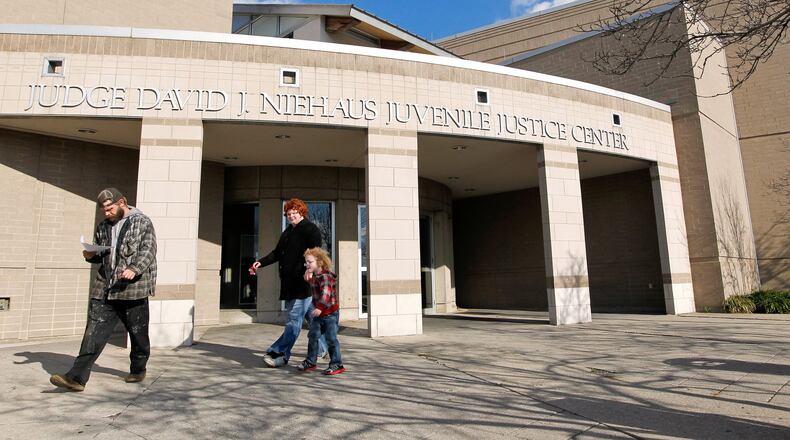Georgia is one of three states in the nation that charge 17-year-olds who commit crimes as adults and state lawmakers are considering making a change.
Currently, if someone who is 17 is charged with a crime, he or she is tried in state court as an adult. But House Juvenile Justice Committee Chairwoman Mandi Ballinger said Georgia should allow those teens to go through the juvenile court system.
“I think it's really important that if we want justice and we want to be able to take care of our juveniles’ needs, it's important that they be adjudicated in juvenile court, which is better suited for handling those kids,” the Canton Republican said.
Ballinger filed House Bill 440 late in the legislative session to begin the discussion.
Georgia, Texas and Wisconsin are the only states that charge those over 16 years old as adults.
A 1994 law allows courts to charge Georgia teens between 13 and 17 as adults if they commit one certain offenses — murder, rape, voluntary manslaughter, aggravated sexual battery, aggravated child molestation, and robbery with a firearm. Ballinger’s proposal would not change that.
The "Raise the Age" legislation would allow cases involving 17-year-olds to be handled in the juvenile justice system. Supporters of the legislation say it would keep those under 18 out of state prison and give them more access to services to keep them from offending again.
About 6,600 17 -year-olds were charged with crimes in 2018, Ballinger said. It’s unclear how many of those were convicted or are being held in state prison, she said.
State Rep. Mary Margaret Oliver, a Decatur Democrat, has filed similar legislation in the past that received little traction. She said she was hopeful lawmakers would seriously consider the measure this year, calling it a "tall ask."
Georgetown University assistant professor of developmental science Jennifer Woolard told the the House panel that the human brain continues to develop until a person is into his or her 20s.
Woolard argued that because teenagers’ brains are still developing, most still possess the ability to change their behavior and improve.
“I think that the number of youth who are beyond saving or incapable of saving, if we want to use that term, is smaller than we think it is,” she said. “I feel pretty safe saying that there is good work that can be done with serious violent offenders to get them on a path moving forward.”
About the Author
Keep Reading
The Latest
Featured




